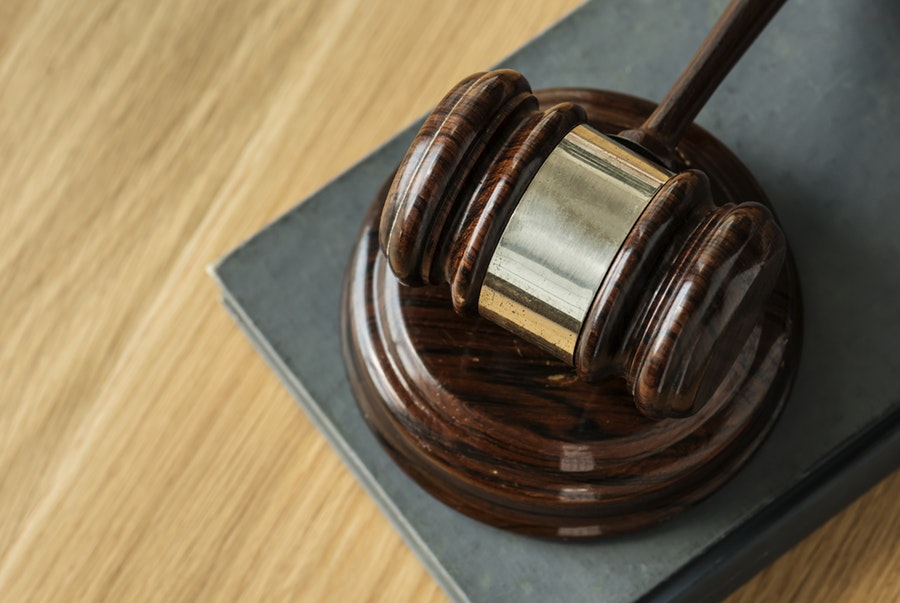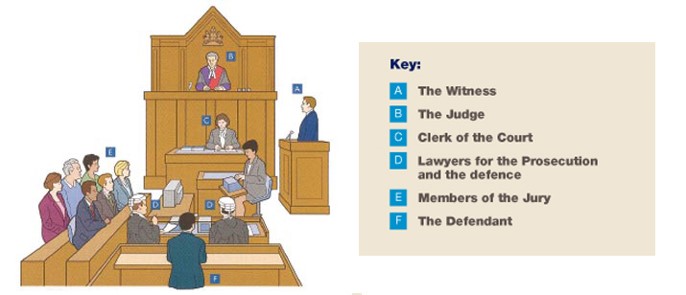The Morton’s Guide To Being A Defence Witness

What is a defence witness?
A trial usually involves Magistrates or a jury hearing evidence firstly from the prosecution witness (which may include the “victim” of an alleged crime, eye witnesses and police officers). This is because the prosecution are bringing the case.
On the conclusion of the prosecution case the court would usually next hear evidence from the person (or persons) accused of the crime.
The next event would be to hear from any defence witnesses.
All witnesses should be treated professionally and with respect, no matter which “side” is calling them to give evidence.
As a witness, you are helping to ensure that justice is done. If you know something about an incident you may be asked to give evidence in court for the prosecution or defence.
If you know one of the people involved in a case, you may be asked to provide evidence as a character witness, usually by the defence. Your evidence can be crucial to the outcome of the case.
As a prosecution or defence witness attending court, you can receive free help and support from the Witness Service, which has staff and volunteers in every Crown Court and magistrates’ court in England and Wales.
Will I have to go to court?
In the preparation of the case you will usually have provided a statement setting out what you can recall. Two copies of this will be sent to you, one for signature and one for you to retain.
There is no requirement for your statement to be sent to the prosecution or the court in advance of any trial hearing. Occasionally the defence will send a statement to the prosecution if it is likely that the evidence contained in it can be agreed. This means that the paper statement can be read to the court.
It is very unusual for the evidence of a defence statement to be agreed by the prosecution.
Usually therefore the only way that the information within the statement can be presented at court – is if you attend court to give evidence.
What will happen at court?
You will have been advised in advance of the day and time you will be required to attend. This is to try and ensure that you are kept waiting for as short a period of time as possible. The Witness Charter suggests that the aim should be to keep any waiting period under 2 hours if at all possible.
When you enter the court building, court security officers will carry out searches on all court users, including witnesses. They may ask you to remove all items from your pockets, and place them in a tray – along with any bags, to go through an x-ray machine. They will then ask you to walk through a metal detecting arch – before running a wand over you.
They can ask anyone who may disrupt court business or pose a threat to the safety of other court users to leave the premises.
When you come to court, you should find:
- polite and helpful HMCTS staff;
- clear signs to help you find your way around;
- a list of cases to be heard that day;
- accessible and clean toilet facilities;
- clean and comfortable waiting areas, and refreshment areas (or HMCTS staff who can tell you what arrangements can be made to obtain refreshments)
Before you enter the courtroom (where circumstances permit) the defence lawyer or representative will introduce themselves to you and will answer any practical questions you may have.
There are sometimes delays which are unavoidable and a defence representative, or HMCTS staff will keep you updated where possible.
It is recommended that you make arrangements in case delays do occur (e.g. bring reading materials, make childcare arrangements).

What will happen when you give evidence?
When you are called into the Court room to give evidence the following things will happen:
- The Court Usher will show you to the witness box.
- You will be expected to give your name in court when you give evidence. Judges, magistrates and HMCTS staff will only require you to disclose your address in open court if it is relevant to the case.
- You should stand up but if you have a difficulty you may ask the Magistrate or Judge if you can sit down.
- You will be asked to take the Oath. This means that you will have to swear to tell the truth on the Holy Book of your religion. HMCTS staff will ensure that they handle the holy book in the correct way. Alternatively, if you prefer, you can choose to ‘affirm’, which is a non-religious way of swearing to tell the truth. You can also indicate if you would like to read the oath yourself from the card or repeat it after the usher
- If you feel unwell or become upset at any point while giving evidence you should tell the Judge or Magistrates.
- If at any stage you do not understand the question you should make this known to the questioner or the Judge or Magistrate.
- The defence lawyer will start asking you questions.
- When the lawyer asks you questions you can:
ask them to repeat a question or ask it in a different way
say if you don’t know the answer
ask them to explain any words you don’t understand
When you’re asked questions by the other side
After you’ve given evidence for the defence, you will be asked questions by the prosecution lawyer. This is called cross-examination.
It’s their job to try to present a different version of events and they may challenge what you have already told the court. If you don’t understand a question, feel upset by their questions or feel unwell, you should say so. The magistrate or judge might let you have a break before you carry on. You can ask for a drink of water or a tissue if you need one.
Staying in the court building
If you want to leave the court building, for example to get some fresh air, you should let the defence representative know, and ensure that they have a contact number for you.
You shouldn’t go too far away in case you’re needed back at short notice.
After you’ve given evidence
You’re free to go after you’ve given evidence. You can stay to watch the rest of the trial if you’re aged 14 or over.
You mustn’t discuss anything you said or heard in court with other witnesses who haven’t given their evidence yet. This includes talking about it on social media sites like Twitter of Facebook.
Claiming expenses
You can claim expenses for going to court to give evidence – you need to request a form to fill in. Make sure you keep receipts for expenses (e.g. parking) – you’ll need to hand these in with the form.
Find out how much you can claim on GOV.UK.
You won’t usually be able to claim expenses if you’re a character witness.
You also won’t be able to claim expenses if you attend court but refuse to give evidence.
At Morton’s Solicitors, we have a specialist team of criminal defence solicitors and we are always happy to answer any questions you might have. Call 0161 477 1121 for more details.


